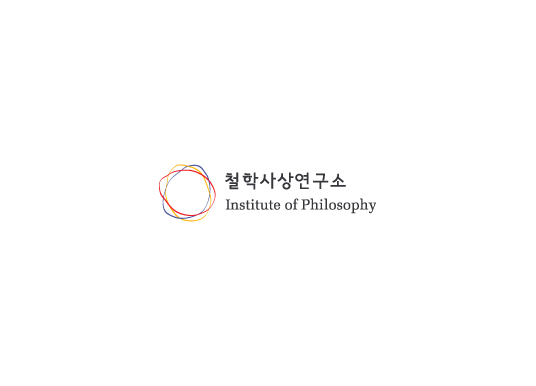Weak Mereological Universalism and Junk
Mereological universalism holds that any collection of objects has a sum. This view has been criticized for failing to accommodate ‘junky’ worlds, in which every object is a proper part of something else. In response, Contessa (2012) proposes weak mereological universalism, according to which every pair of objects has a sum, claiming that it provides a junk‐friendly alternative to mereological universalism. In this paper, I challenge this claim. I argue that either the alleged problem weak mereological universalism attempts to address is nonexistent because the possibility of junky worlds is on shaky grounds, or that weak universalism can only accommodate junky worlds at nontrivial theoretical costs, because it is also incompatible with junk once transfinite binary fusion is permitted. I conclude that weak mereological universalism is not an attractive alternative to standard mereological universalism in the face of the junk objection.
서울대학교 철학사상연구소
한국외국어대학교 이승일

